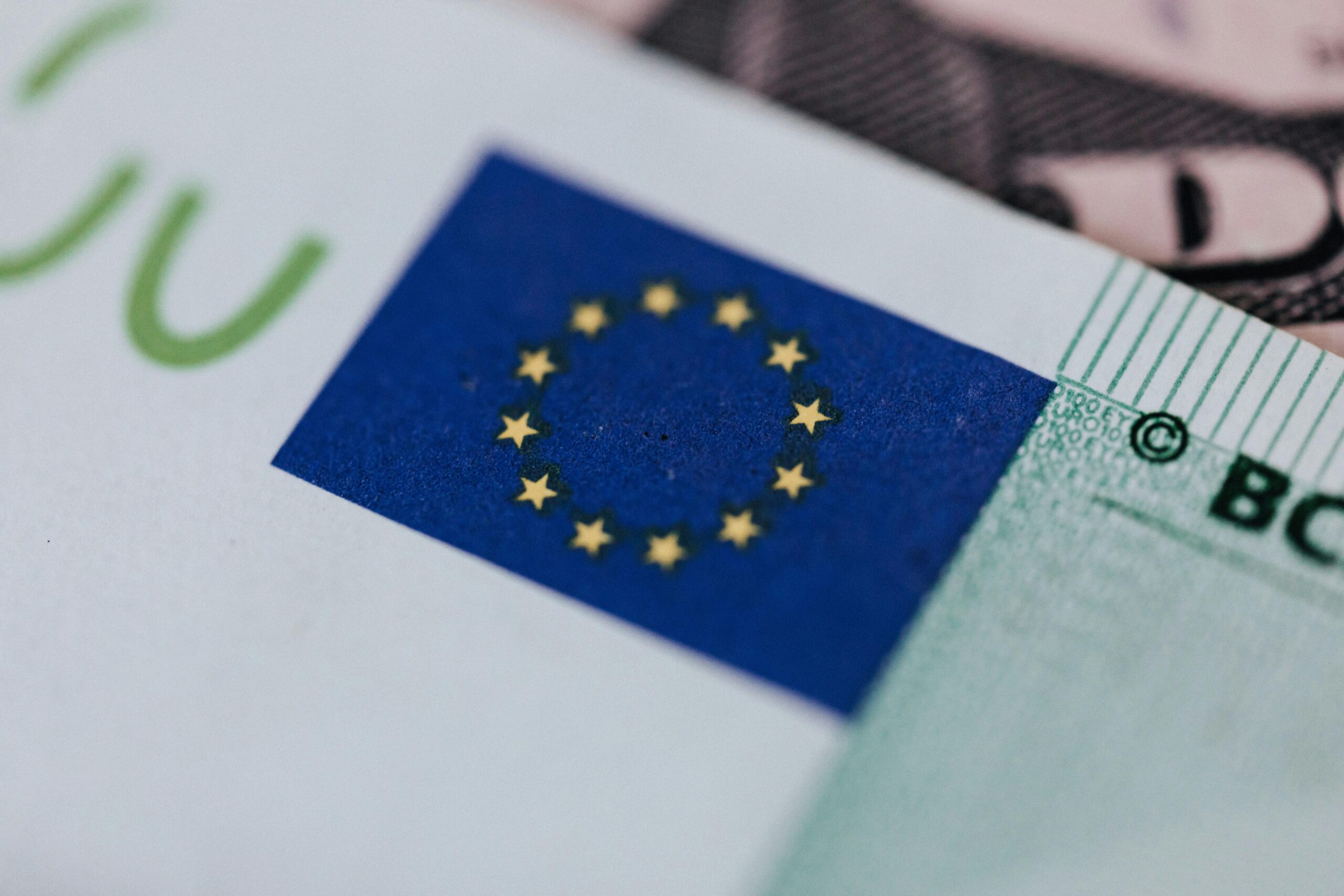EU ambassadors convened on Wednesday and reached a consensus on the 16th set of sanctions targeting Russia, as disclosed by EU diplomats earlier in the week, according to a Reuters report.
These sanctions encompass a range of measures, including a prohibition on imports of primary aluminum originating from Russia, a ban on the sale of gaming consoles to Russia, and the addition of 73 vessels associated with the “shadow fleet” to a sanctions list.
The shadow fleet refers to a group of vessels, often older tankers, that are allegedly involved in transporting Russian oil and circumventing existing sanctions.
By listing these vessels, the EU aims to further restrict Russia’s ability to export oil and generate revenue.
The ban on primary aluminum imports targets a key Russian export, while the ban on gaming console sales is likely aimed at symbolically impacting Russian consumers.
New sanctions aim to pressure Russia
These new sanctions represent the latest effort by the EU to pressure Russia over its actions in Ukraine.
The EU has already imposed a wide range of sanctions on Russia, including restrictions on trade, finance, and travel.
The 16th package of sanctions is expected to be formally adopted by the EU Council in the coming days.
The EU’s foreign ministers are expected to adopt the package on Monday, to mark the third anniversary of Russia’s full-scale invasion of Ukraine.
The package mostly adheres to the European Commission’s proposal.
The aluminium import ban will be phased in over a year after the EU officially adopts the sanction package.
This package will also likely include 48 individuals and 35 entities.
Asset freezes and a travel ban will be implemented as part of the package on these individuals and entities.
The development comes after the US President Donald Trump’s administration agreed to hold further talks with Russia to end the war in Ukraine.
This decision followed an initial meeting that excluded Kyiv, marking a shift from Washington’s previous strategy of isolating Russian President Vladimir Putin.
Meanwhile, the EU has made progress on its latest sanctions against Russia.
Tightening measures by Western powers
Recent months have seen the EU and other Western powers implement increasingly stringent restrictions to limit Russia’s oil exports.
This includes a ban on transactions with Russian ports and airports that are used to bypass the G7 price cap on Russian oil, as well as restrictions on vessels.
The recently approved sanctions will expand the existing list of 79 vessels already under scrutiny.
This list primarily comprises tankers employed by Russia to circumvent the established price cap on oil exports.
Additionally, it includes vessels that have played a role in supporting Moscow’s military endeavors, such as those involved in transporting ammunition from North Korea.
These newly sanctioned ships will be added to this list, further tightening the economic and logistical restrictions imposed on Russia.
The imposed restrictions extend to other commodities and materials such as chromium and specified chemicals, encompassing a ban on exports of these materials.
Furthermore, a service ban has been implemented, specifically targeting oil and gas refineries.
These measures are part of a broader set of sanctions aimed at applying economic pressure and limiting the targeted country’s industrial capabilities.
The post EU imposes new sanctions to curb Russia’s oil exports and revenue appeared first on Invezz

